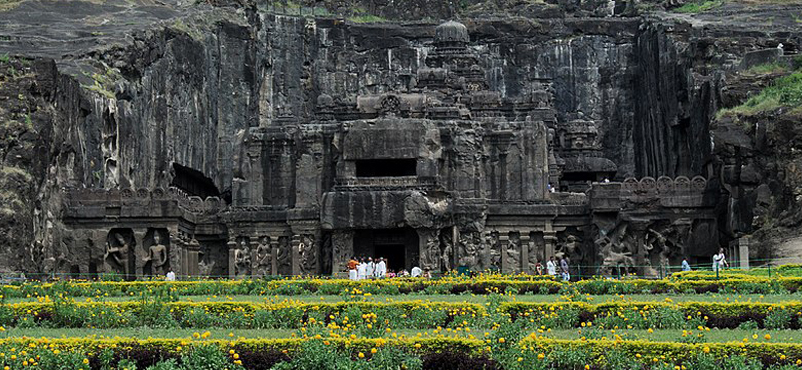As TOFT brought together top resort and hotel owners who have strived to inculcate best of sustainable and responsible tourism practice, the underlying concurrence on the need for a comprehensive roadmap – which involves all stakeholders – indicated the absence of a larger policy to balance tourism and conservation, in equal measure.
 Wildlife tourism is a delicate segment, given that it deals with the already over-exposed flora and fauna. India, being a centre for multiple bio-diversity hotspots, has ample jungles and wildlife to leverage from. The challenge in this endeavour is finding the right balance between commercial gains through tourist footfalls, and infusion of sustainable measures to minimize any consequential impact emanating from tourism. What makes this balance hard to achieve, though, is the fact that wildlife tourism is a massively lucrative business; For instance, revenues from wildlife tourism forms five percent of Kenya’s overall GDP.
Wildlife tourism is a delicate segment, given that it deals with the already over-exposed flora and fauna. India, being a centre for multiple bio-diversity hotspots, has ample jungles and wildlife to leverage from. The challenge in this endeavour is finding the right balance between commercial gains through tourist footfalls, and infusion of sustainable measures to minimize any consequential impact emanating from tourism. What makes this balance hard to achieve, though, is the fact that wildlife tourism is a massively lucrative business; For instance, revenues from wildlife tourism forms five percent of Kenya’s overall GDP.
As tigers, the nature travel action charity, launched it‘s Good Wildlife Travel Guide to India and Nepal’ highlighting over 220 of India and Nepal’s best and most responsible service providers, the central theme of the larger discussion hovered around the need to adopt responsible measures. Speaking at the event, Chairman and founder of TOFTigers Julian Matthews said, “the need to drive the growing nature tourism sector along a more sustainable and supportive role for wildlife and conservation has never been greater, and there is no better way to do this than setting down a better and more comprehensive road map now for a future of the industry with all stakeholders involved.”
He noted that a growing number of businesses that adopted green practices outperformed their competitors. Quoting some of the statistics gathered by his organization, he mentioned that as many as two-third of tourists wanted responsible holidays. “A whopping 93 percent of total consumers have preferred travel companies to be committed to preserving natural heritage. Whereas, 66 percent of consumers prefer buying products and services from companies that give back to the society,” he stated, signalling that awareness on the need for sustainable tourism was on the rise. He also mentioned that almost fifty percent of total numbers were in favour of shelling out more for services to companies having a good corporate social responsibility track record.
Another important issue that surfaced during the course of interaction was the lack of adequate permits for jungle-safari in National Parks in Madhya Pradesh. Some lodge owners also mentioned the abject absence of transparency in granting permits and expressed their anguish saying that the system needed to ensure that adequate numbers of permits were being issued – which were in sync with the booking. They noted that it was difficult for them to attract tourists and improve their room nights, unless the local administration ensured that tourists got what they, primarily, came for. As wildlife tourism and, especially, tiger tourism is a seasonal business, lack of adequate occupancy hits the mid-level and budget segment hotels the hardest.
However, the larger takeaway of the gathering was to use the limelight achieved through tourism to convert these sustainable measures into tools for conservation of wildlife. The broad consensus on using the knowledge systems of local communities in implementing sustainable measures was also a key takeaway of the event.




































